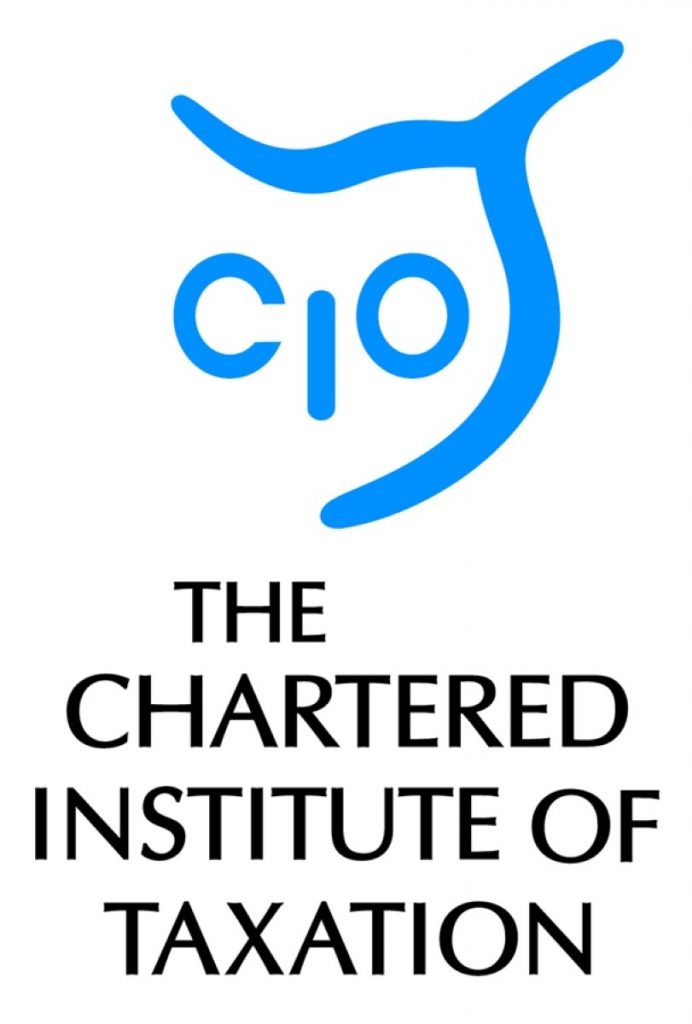HMRC’s tax credits compliance methods take no account of effect on vulnerable claimants, say MPs
Campaigners for tax credit claimants on low incomes have welcomed a report by an influential committee of MPs which has found that HMRC’s method of tackling error and fraud in tax credits is a ‘blunt instrument approach to enforcement that does not properly take into account the human impact of its response, particularly on vulnerable claimants.’
The Committee has also found that HMRC must improve its understanding of why claimants make mistakes and use that knowledge to develop ways of preventing errors from being made in the first place.
Anthony Thomas, Chairman of LITRG, said:
“We welcome this report from the Public Accounts Committee (PAC). We have long said that, in tackling error and fraud in the tax credit system, HMRC fail to support claimants adequately to get things right in the first place and show no appetite to accept responsibility for their own contribution to mistakes. And it is worrying, although not surprising, that the PAC has reason to express their own concern that the approach of HMRC’s private contractor, used to check claims, has been excessively threatening.
“We are particularly concerned that in-year investigation of single claims, launched on the basis of information suggesting that another person might live at the claimant’s property, may be heavy-handed in many cases, and even wrongly targeted. Some published tribunal decisions have been very critical of HMRC's approach, suggesting that HMRC have failed to recognise cases where the burden of proof lies with the department rather than the claimant.
“The Committee has recommended that HMRC and a Government-wide steering group on fraud, error and debt commission an independent review of claimants' experience of the tax credits process. We believe, however, that there is a pressing need for a wider-ranging, independent review of HMRC's approach to tax credits compliance.”
Note to editors
1. In Autumn Statement representations earlier this month, and previously in its Manifesto published in May 2015, LITRG recommended that “HMRC introduce a process which involves having a conversation with people who are reporting that they have split up and wanting to make a fresh claim. Rather than simply taking the notification as fact from the claimant, it would help enormously if the rules are clearly explained to the claimant at that point before the change is made. This would mean that errors in understanding or fact could be resolved before they give rise to errors in the tax credit award”.
2. Low Incomes Tax Reform Group
The LITRG is an initiative of the Chartered Institute of Taxation (CIOT) to give a voice to the unrepresented. Since 1998 LITRG has been working to improve the policy and processes of the tax, tax credits and associated welfare systems for the benefit of those on low incomes.
The CIOT is the leading professional body in the United Kingdom concerned solely with taxation. The CIOT is an educational charity, promoting education and study of the administration and practice of taxation. One of our key aims is to work for a better, more efficient, tax system for all affected by it – taxpayers, their advisers and the authorities. The CIOT’s work covers all aspects of taxation, including direct and indirect taxes and duties. The CIOT’s 17,500 members have the practising title of ‘Chartered Tax Adviser’ and the designatory letters ‘CTA’, to represent the leading tax qualification.





-01.png)